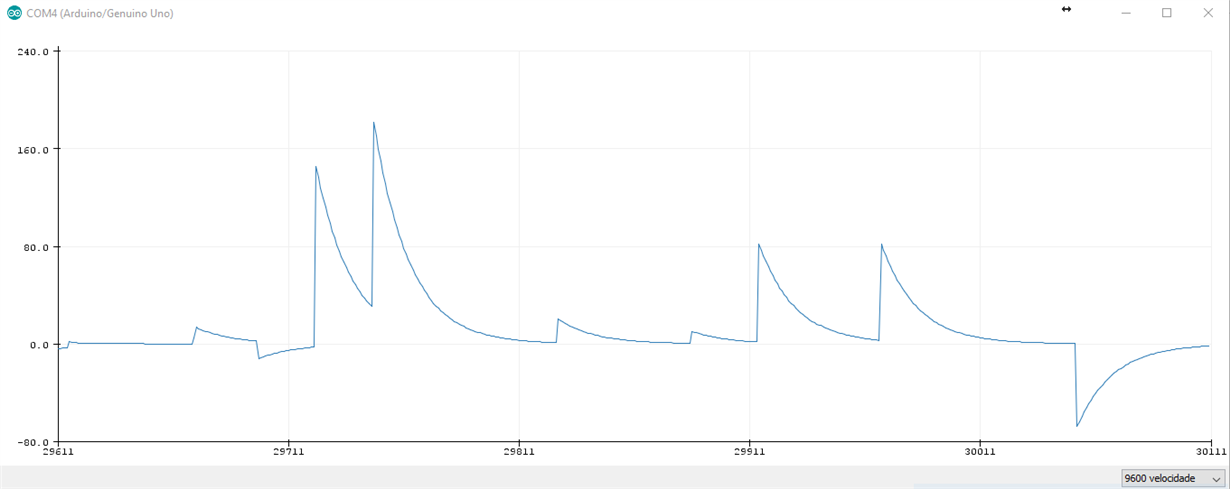Hello, i'm using ADS1262 to read data from a Load Cell using an Arduino UNO.
I'm using a board designed from protocentral: "PROTOCENTRAL ADS1262 32-BIT PRECISION ADC BREAKOUT BOARD"
When I configure to read until 60sps it works perfecly.
But when I try to get more samples, 100+ it starts to appear lots of spikes in the data.
I saw that i cannot use FIR filter to more than 20sps.
I tryed using sinc1 to sinc4 but neither works.
What am I doing wrong?
Thank you.


